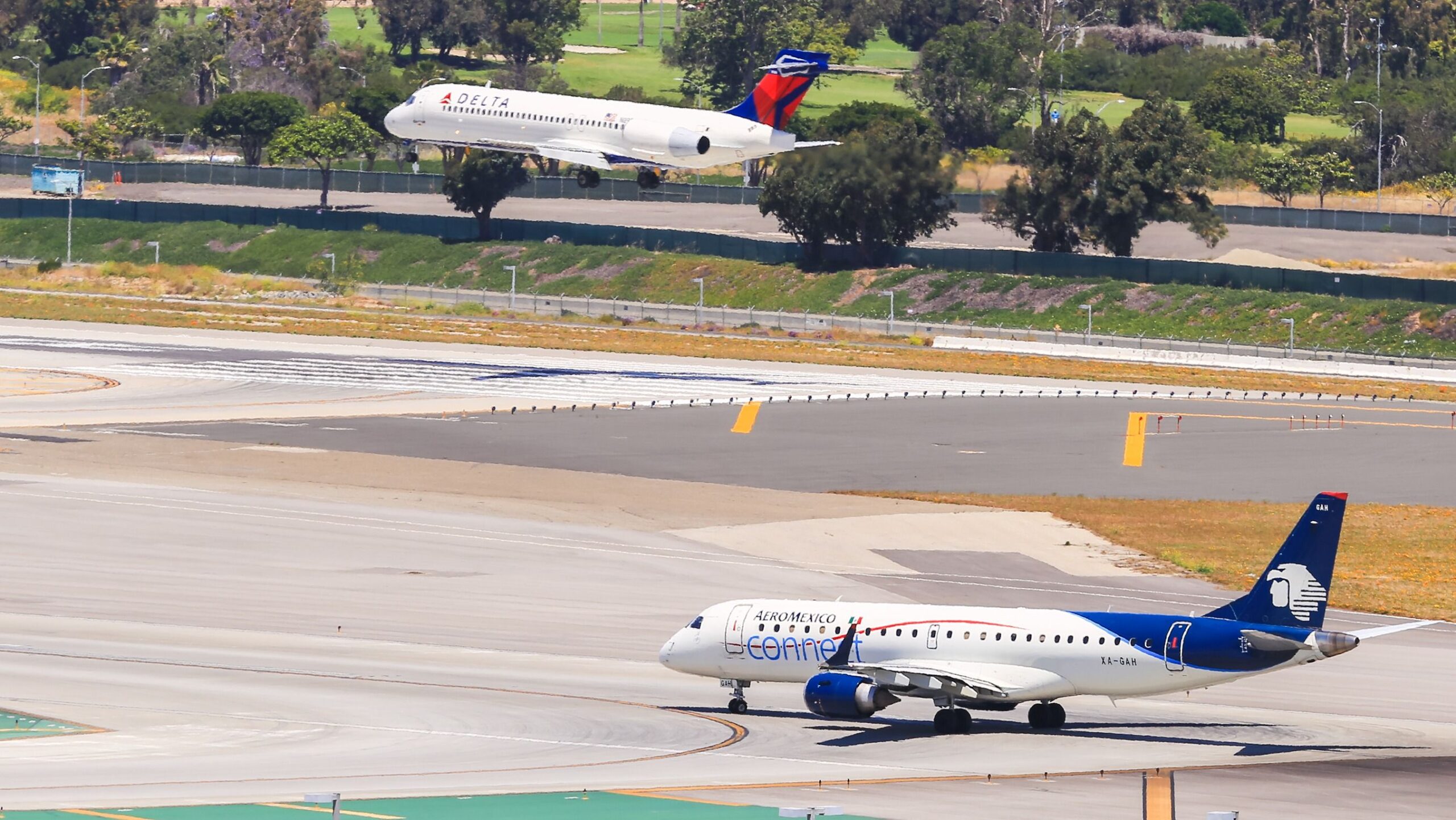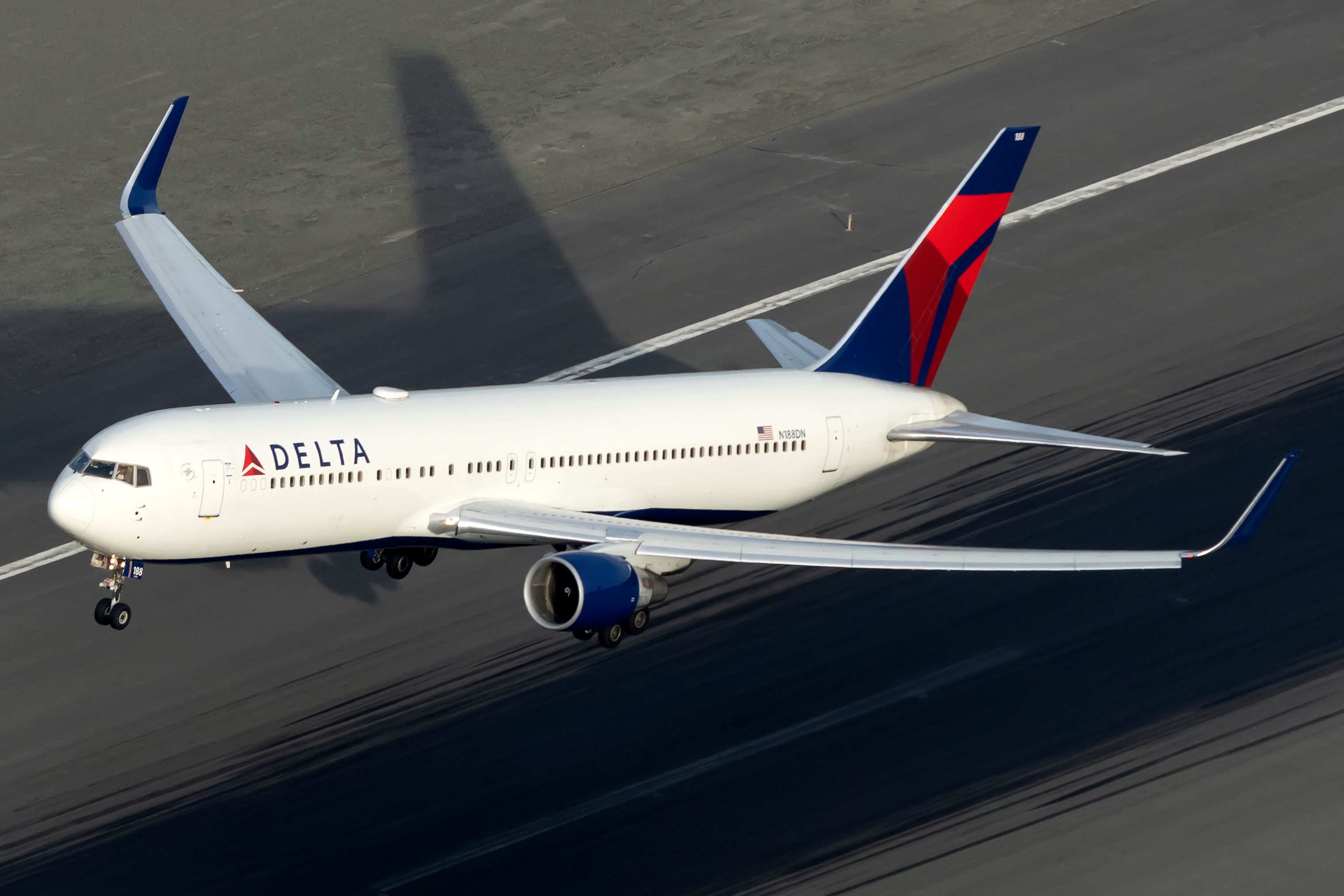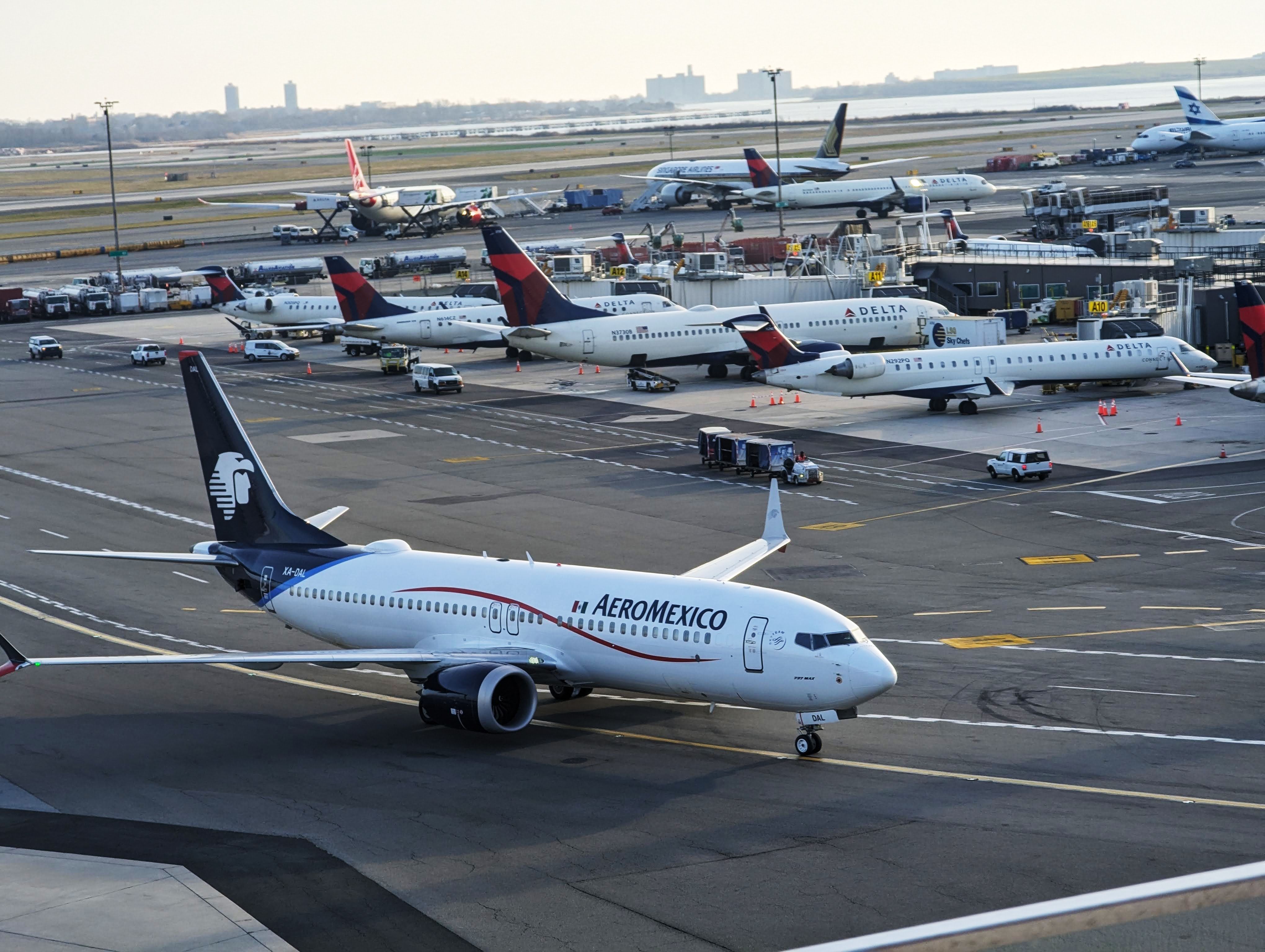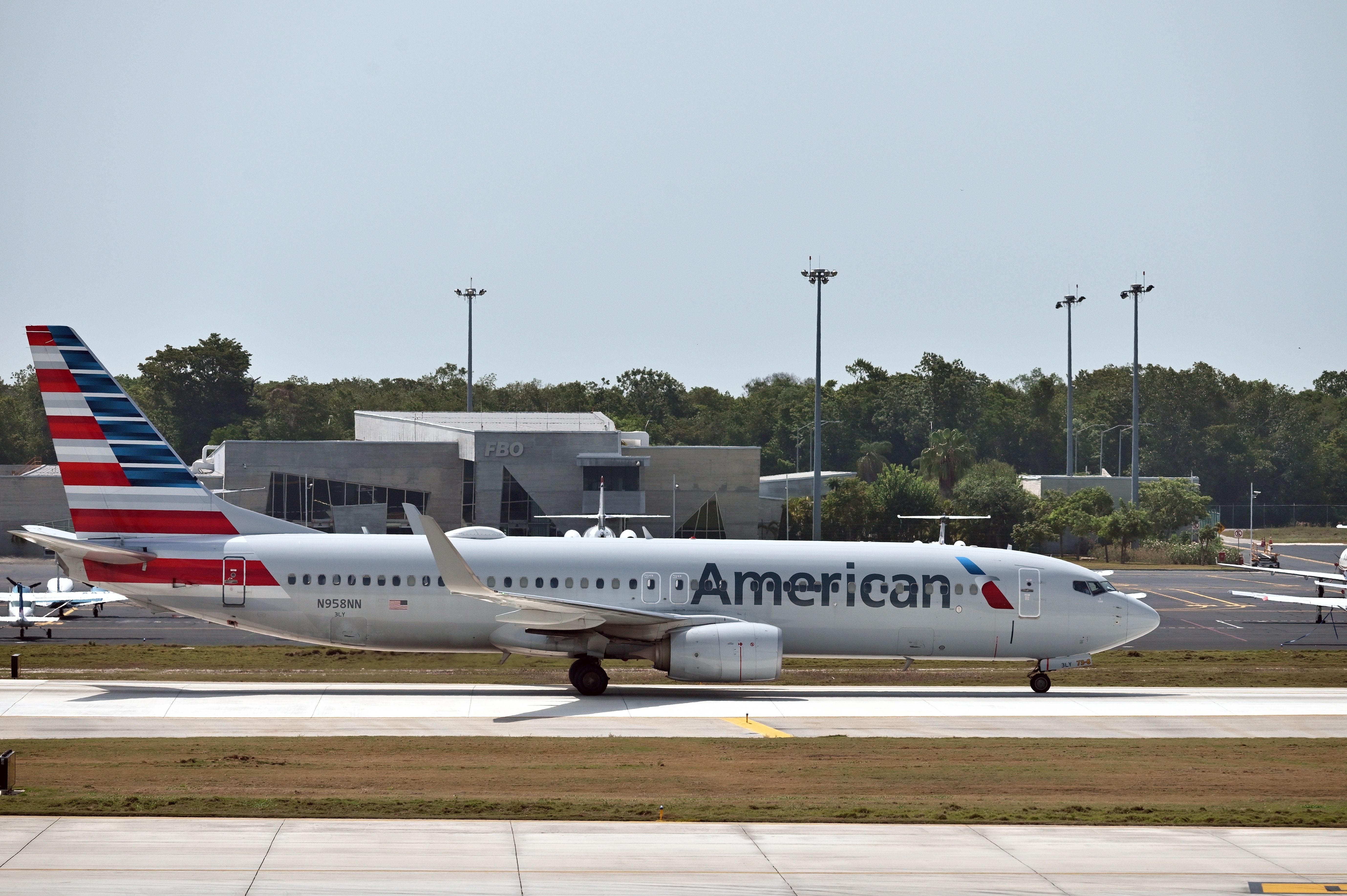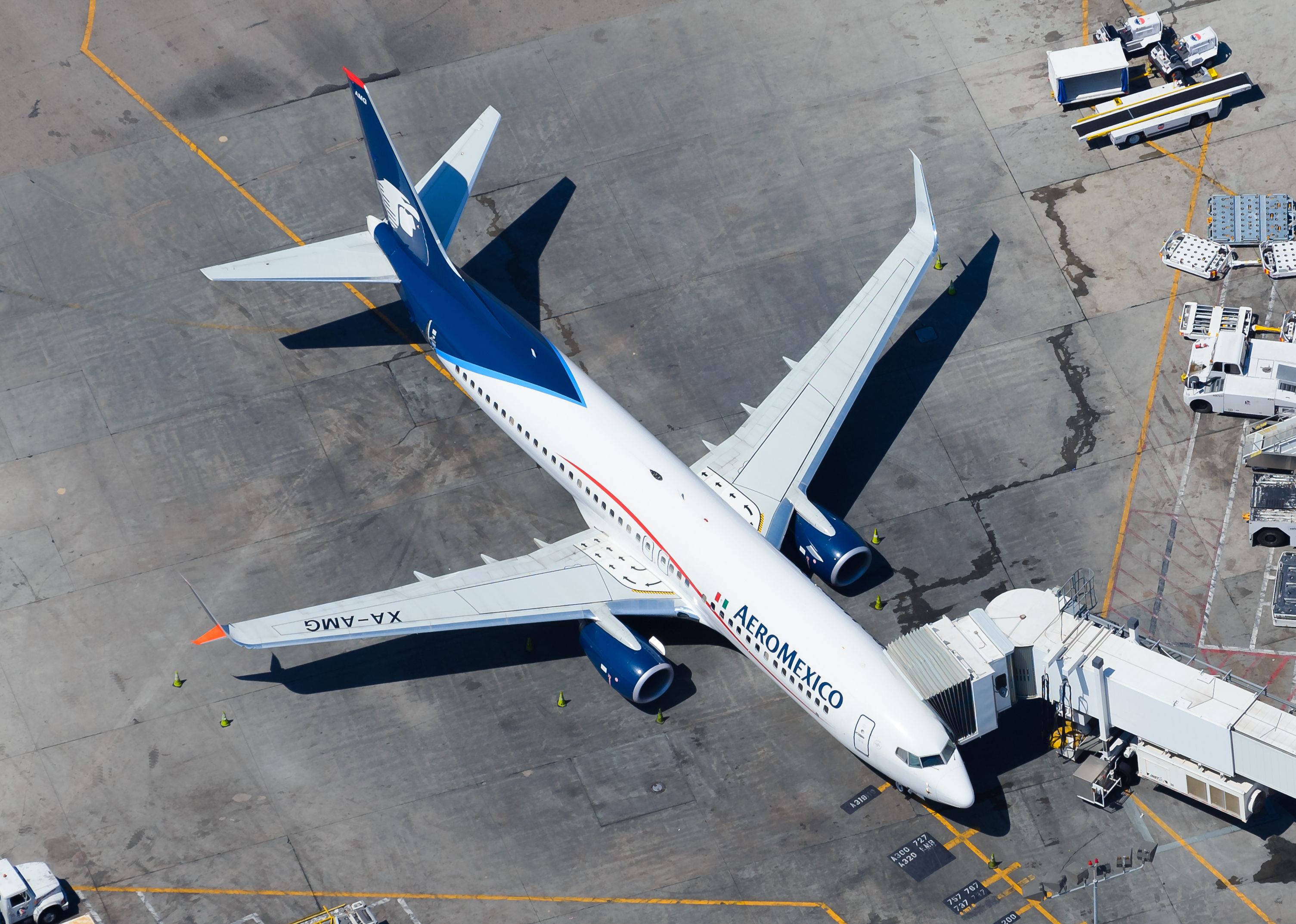Summary
- Delta Air Lines shared concerns expressed by various shareholders about the DOT’s decision to end its joint venture with Aeromexico.
- On the other side of the coin, American Airlines previously supported the DOT’s decision.
- In January, the DOT said that the Mexican government violated the Open Skies agreement with the US. As a result, there was no prerequisite for the antitrust immunity (ATI) approval of the Delta Air Lines and Aeromexico partnership.
Delta Air Lines has sent another round of supporting letters to the United States Department of Transportation (DOT) in a bid to maintain its joint cooperation agreement (JCA) with Aeromexico. The latest round of letters includes op-eds from officials, cities, businesses, travel companies, and even an editorial piece from a US-based outlet.
Concerns about the termination of the JCA
The letters of support were unveiled in a DOT filing on June 11, 2024. For example, Juan Hinojosa, a member of the Texas State Senate, addressed Pete Buttigieg, the US Secretary of Transportation, expressing his concerns about the Department’s tentative decision to terminate the approval of the JCA between Delta Air Lines and Aeromexico.
Photo: Vincenzo Pace | Simple Flying
According to Hinojosa, the agreement has been a driving force of economic growth in the US and Mexico, facilitating job creation and enhanced service for millions of passengers traveling between the two countries. The termination of the JCA could result in dozens of crucial routes being canceled, Hinojosa argued.
“This could result in consumer losses, estimated at around $800 million per year, and the loss of hundreds of jobs in Texas.”
Meanwhile, Joseph Palamara, a Vice-Chair of the Wayne County Commission, where Detroit Metropolitan Wayne County Airport (DTW), one of Delta Air Lines’ hub airports, is located, was concerned about the impact of the JCA’s termination on Wayne County’s community.
Palamara stated that the DOT’s decision puts 23 routes between the US and Mexico at risk of cancelation, including five that go in and out of DTW. In 2023, these five routes served more than 440,000 passengers, according to the official, who added that the JCA’s termination would leave Michigan-based consumers with fewer choices.
Photo: Renata Ty | Shutterstock
Other supportive letters included pleas from Julian Canete, the President and chief executive officer (CEO) of the California Hispanic Chamber of Commerce (CHCC), an opinion piece by Jerry Gonzalez, the CEO of Georgia Association of Latino Elected Officials (GALEO), and a letter from Deryl McCarty, a now-retired Colonel of the United States Air Force (USAF).
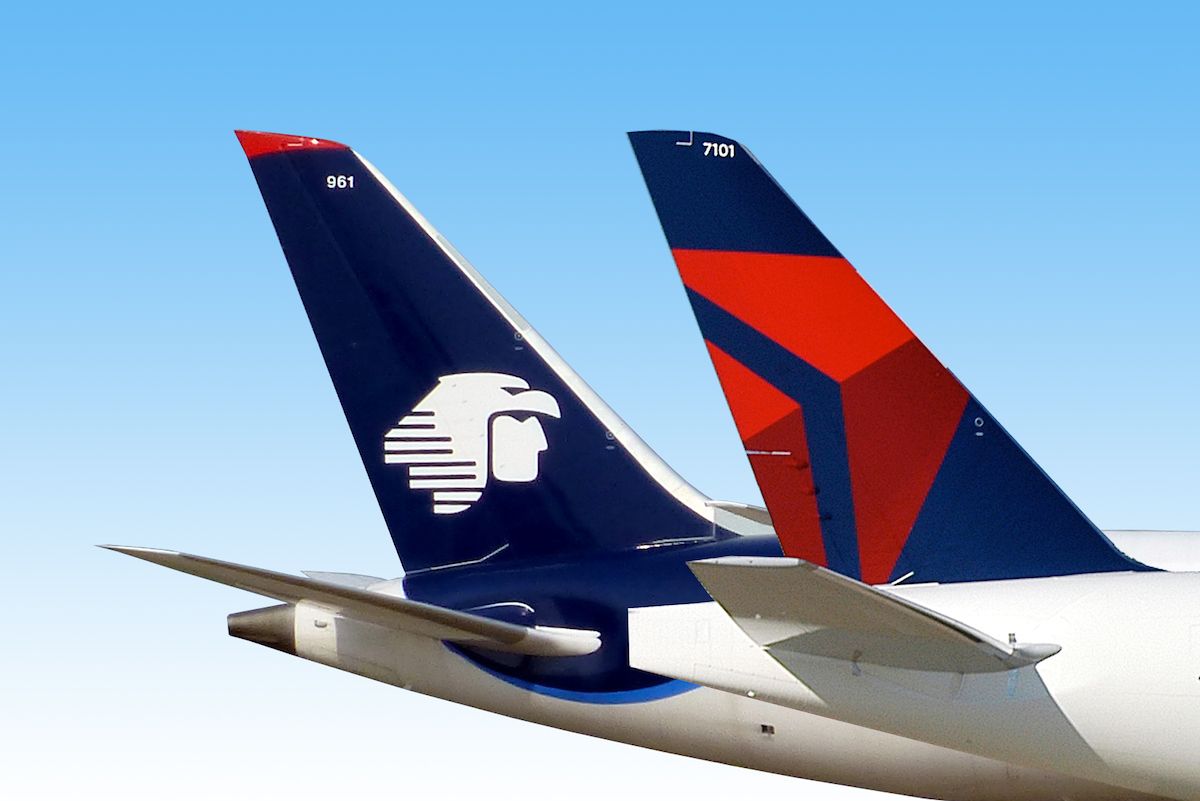
Related
Delta Air Lines Could Pursue Legal Action If The Department Of Transportation Terminates Aeromexico Joint Venture
The airline is gearing up for a lawsuit the DOT doesn’t alter course.
Supporting the termination
However, there were arguments from the other side of the coin. In a publicly available filing on February 23, American Airlines said that the DOT’s decision was consistent with its policies requiring an Open Skies agreement as a prerequisite to granting antitrust immunity (ATI).
Photo: astudio | Shutterstock
According to American Airlines, the DOT’s order to terminate the JCA by not granting ATI detailed how the Mexican government’s failure to comply with the two countries’ Open Skies agreement effectively resulted in a nonfunctional agreement. Therefore, the prerequisite for ATI was missing.
“Open Skies agreements have always been a regulatory prerequisite for ATI, and the Department has routinely refused ATI where an Open Skies agreement is absent.”
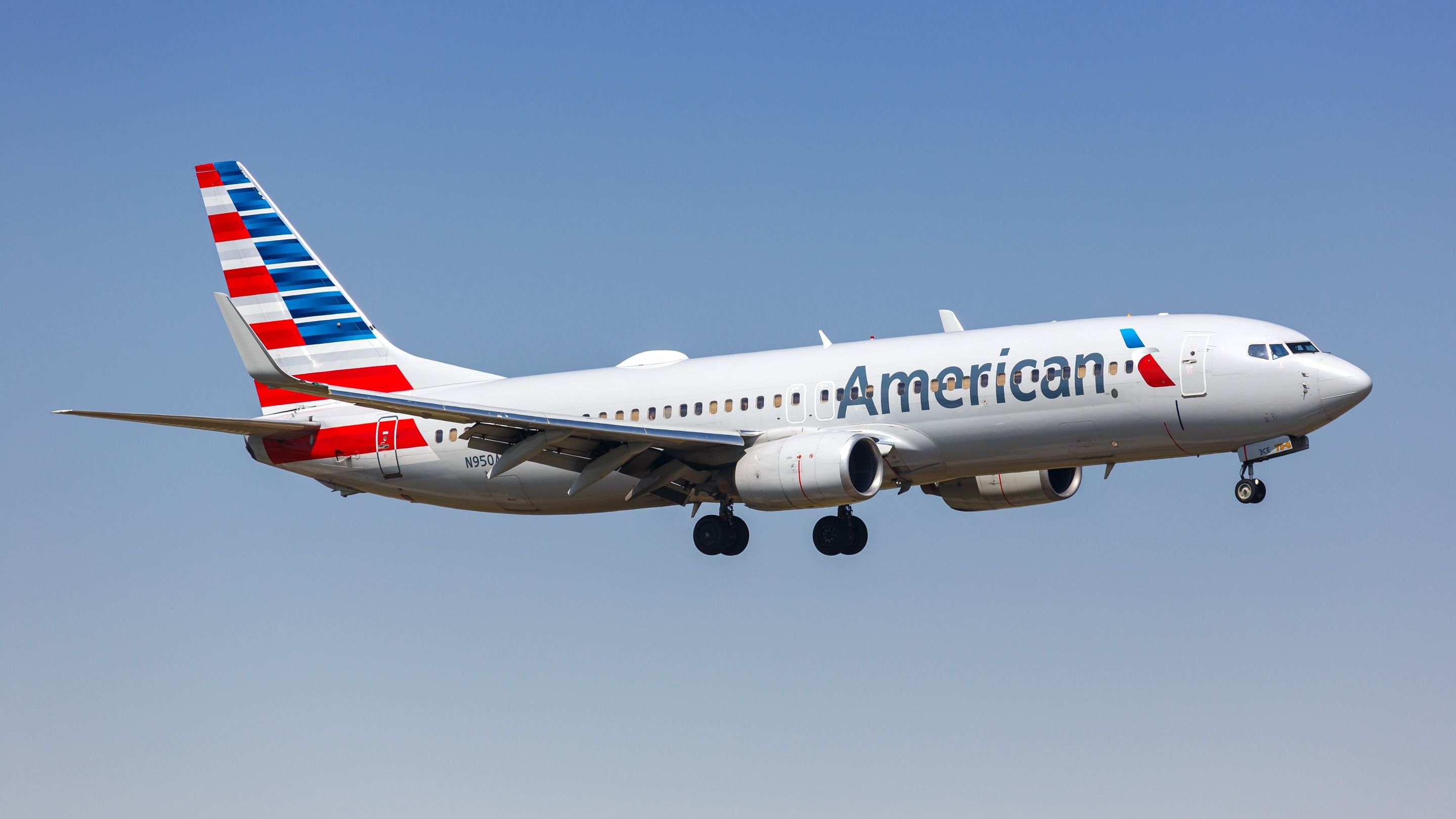
Related
American Airlines Sides With The DOT In Ending The Aeromexico-Delta Air Lines Joint Venture
American Airlines said that the DOJ should use all of its tools to ensure that Mexico was allocating slots at MEX fairly.
Slot management at MEX
On January 26, the DOT announced that it would not renew the ATI granted to the JCA. The Department argued that recent actions by the Mexican Government had removed the necessary precondition for the consideration or renewal of an ATI: a fully liberalized air transport agreement.
Photo: Thiago B Trevisan | Shutterstock
According to the DOT, while the precondition existed when the initial application was submitted in 2016, there were concerns about slot management at Mexico City International Airport (MEX). Delta Air Lines and Aeromexico “maintained that the Mexican authorities were committed to reforming their slot allocation regime,” the Department’s filing read.
“The Government of Mexico issued a decree in which all-cargo operations were prohibited at MEX, relegating those operations to airports outside of Mexico City. Additionally, the capacity at MEX has been reduced over the last three IATA traffic seasons, to the detriment of both current air carriers and potential new entrants.”
As a result, the DOT threw out the JCA’s ATI application without prejudice. The two airlines were allowed to wind down their venture until the end of the current International Air Transport Association (IATA) season, which ends on October 26. This would provide enough time for both airlines to unwind segments of the JCA and to modify existing agreements.
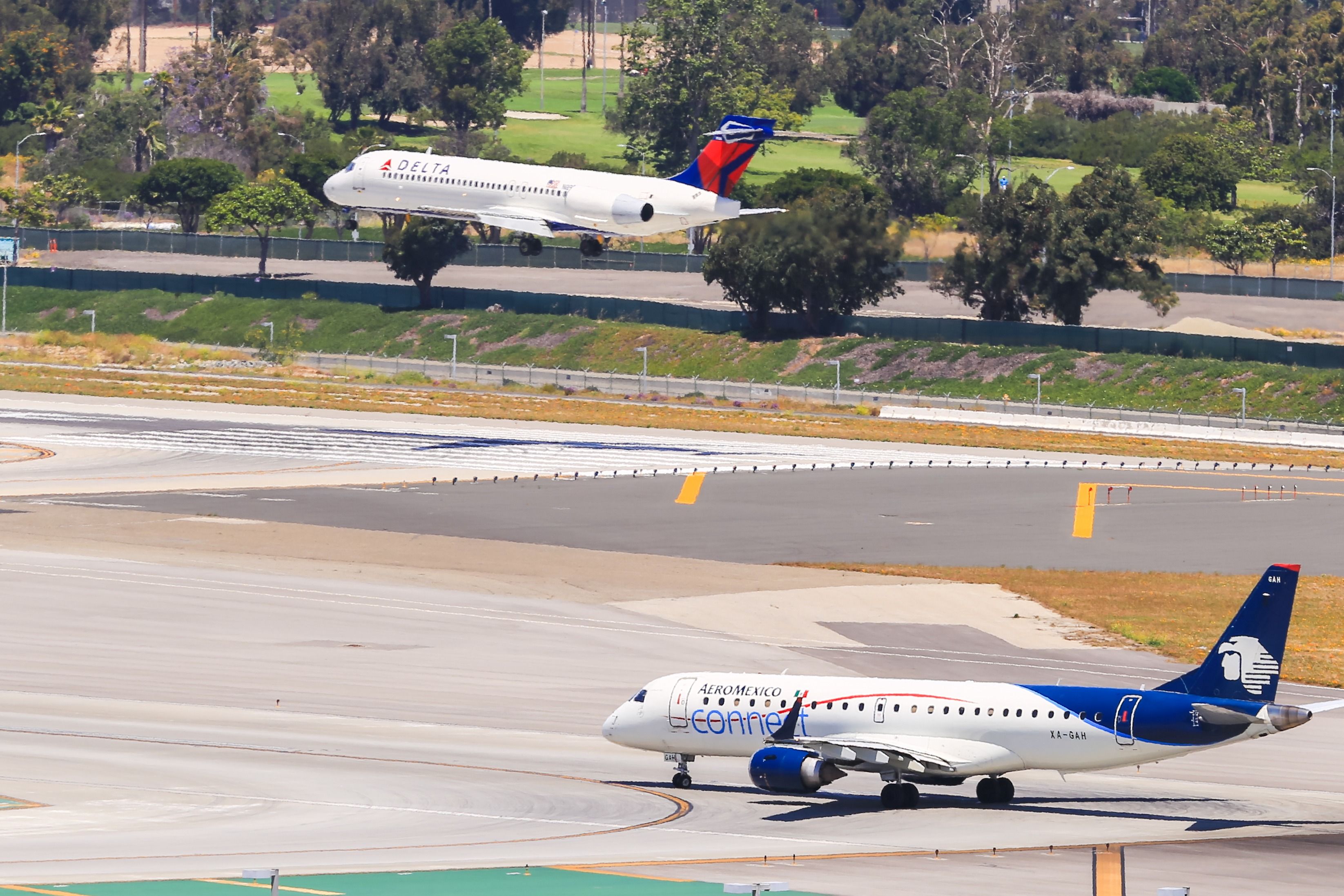
Related
USDOT Orders Delta And Aeromexico To Sever Transborder Ties
The decision, which is subject to finalization, only allows the airlines to continue their partnership through the subsequent IATA traffic season.

